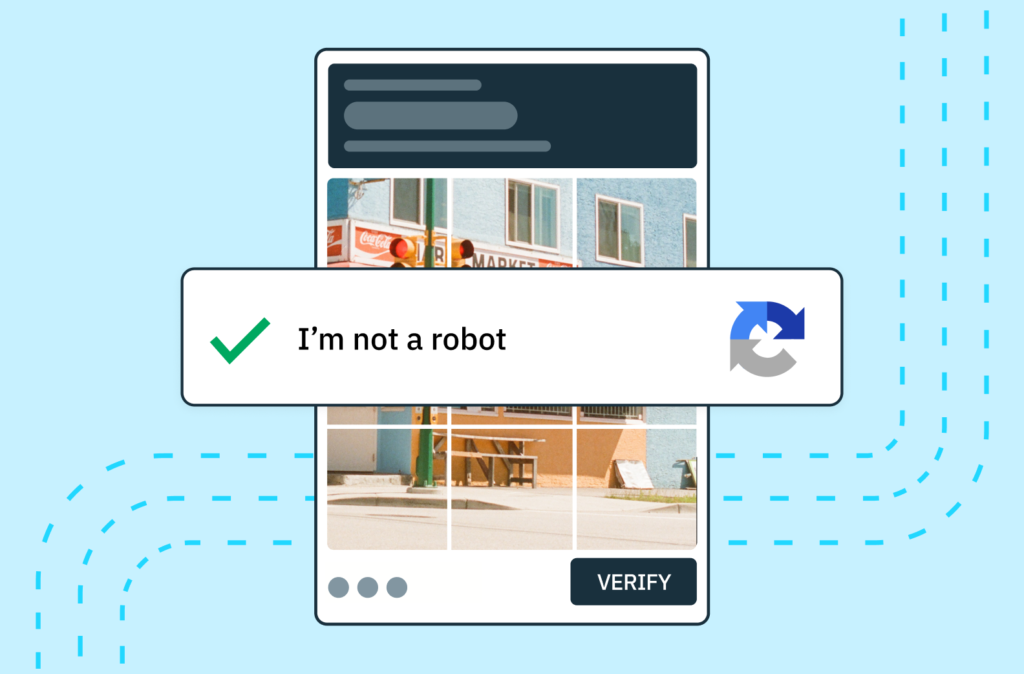I hate Captcha – Facts about reCaptcha

I fucking HATE captchas
I have a love/hate relationship with CAPTCHAs. I love to block spam, (who doesn’t?),
Especially the ones which force you to select a similar image one after the other before there are none left. If you get ONE wrong your’re forced to redo another one TWICE in a row. Whats more, if you skip it for an easier puzzle you’re forced to do several more captchas one after the other before you’re allowed to post all because it thinks you’re fucking robot.
Captchas hardly ever stop the real hackers and spammers because they use their fancy “machine learning image recognition” algorithms to decipher them, so what the fuck is with this bullshit forcing us ordinary folk to do it?
Omg I hate those ones too. They’re fucking annoying and I don’t know how many of them I gotta do before they decide I’m not a fuckin robot.
Yes! The ones where you need to select images. I often get them wrong because I’m not paying attention.
I had to add captcha to my work’s email contact form because we kept getting spam emails from bots. Haven’t gotten an email from spam since, customer emails come in just fine.
I understand how you feel. CAPTCHA, which stands for Completely Automated Public Turing test to tell Computers and Humans Apart, can be frustrating to deal with, especially when you have to go through multiple rounds of it.
However, it’s important to note that CAPTCHA is used to prevent spam, bots, and other malicious activities on the internet. Without CAPTCHA, these activities could run rampant, making it difficult to distinguish between human and automated actions.

There are various types of CAPTCHA, including image recognition, audio recognition, and even puzzle-solving. Some CAPTCHA implementations can be more user-friendly than others, but they all serve the same purpose of protecting websites and online services from malicious activities.
In the end, while CAPTCHA can be frustrating, it is a necessary measure to maintain the safety and security of online platforms.
Here are some facts about CAPTCHA:
- CAPTCHA was first invented in the late 1990s by researchers at Carnegie Mellon University.
- The original purpose of CAPTCHA was to prevent automated spam and attacks on websites.
- The first CAPTCHA implementation used distorted text that was difficult for computers to read but still legible for humans.
- The most common type of CAPTCHA used today is still text-based, but there are now many other types, including image recognition, audio recognition, and puzzle-solving.
- CAPTCHA has been criticized for being difficult to use for people with disabilities, such as those who are visually impaired or have hearing difficulties.
- In some cases, CAPTCHA has been bypassed by sophisticated automated tools, highlighting the need for continued development of more secure solutions.
- Some companies have turned CAPTCHA into a way to crowdsource data labeling, by using the challenge-response system to train machine learning models.
- There have been efforts to create more user-friendly versions of CAPTCHA, such as Google’s “reCAPTCHA” system, which uses machine learning to predict if a user is human or not based on their behavior on the website.